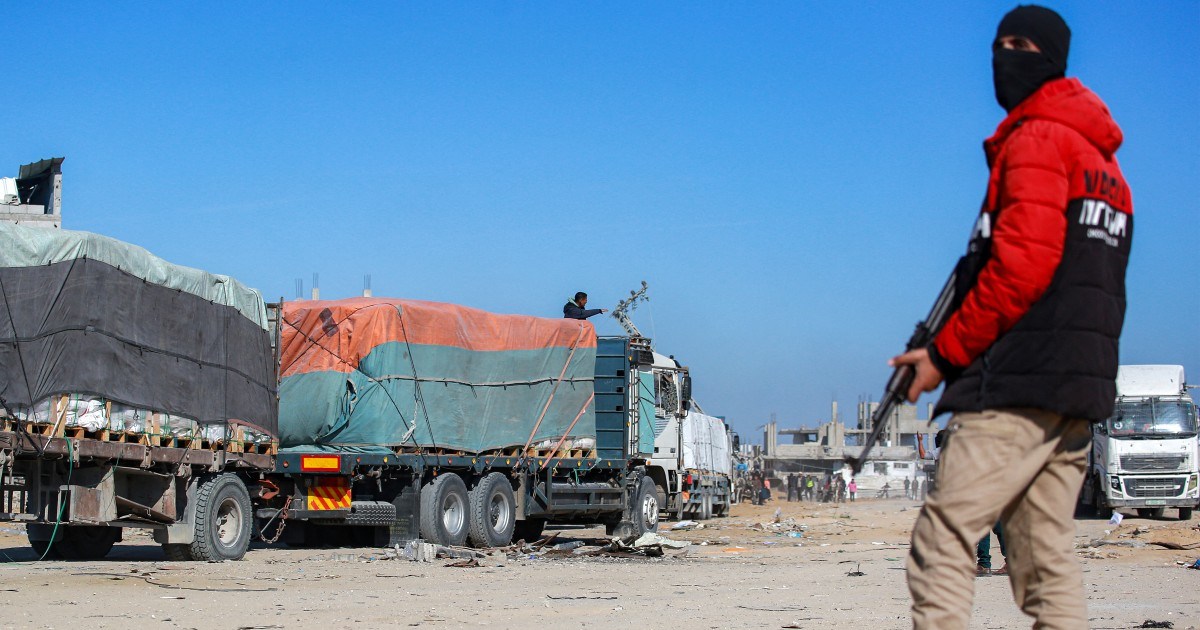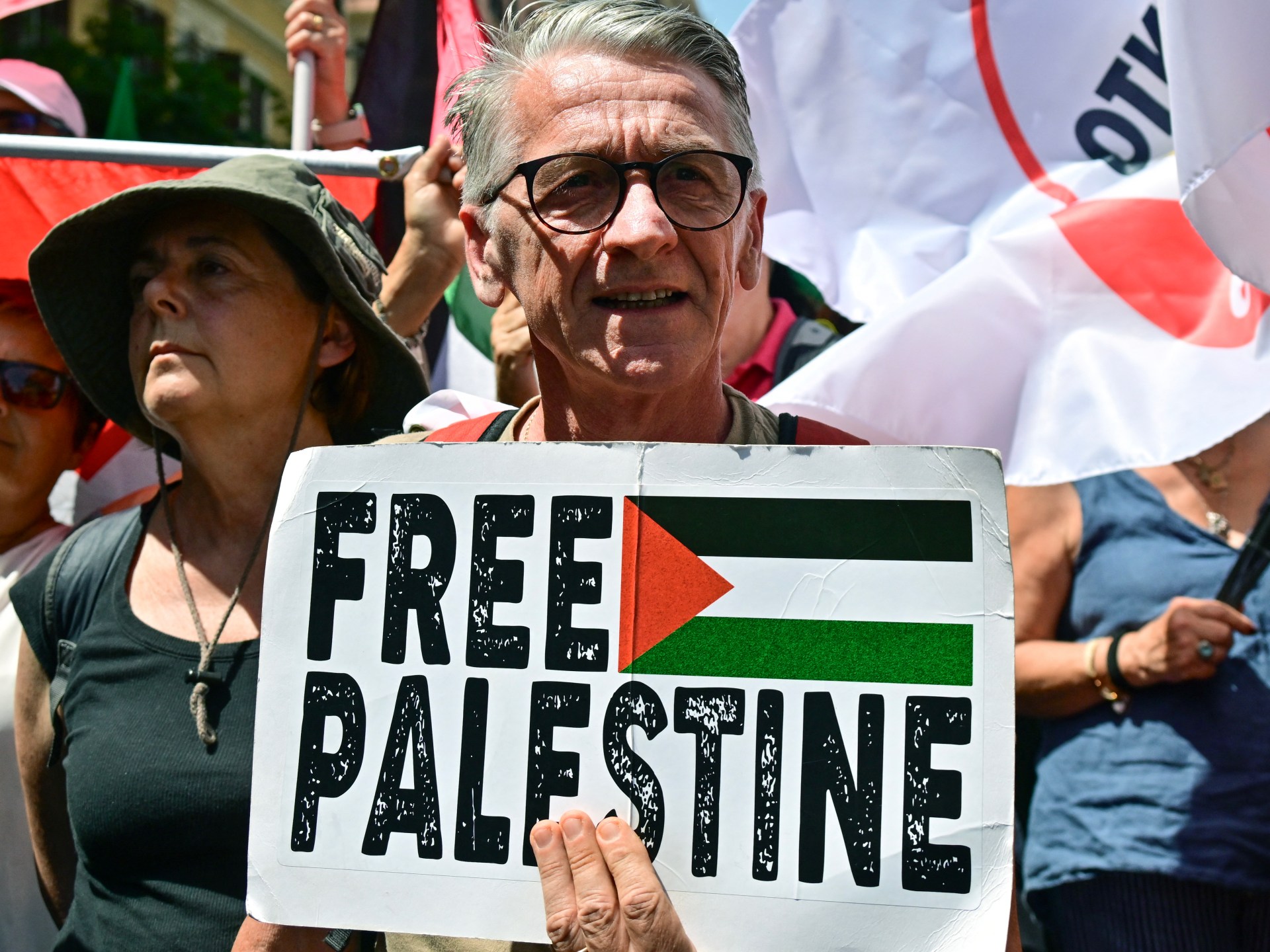A Gaza-bound aid boat illegally seized in international waters by Israeli forces has been towed into Ashdod Port, with the dozen international activists who were on board now facing detention and deportation.
The Freedom Flotilla Coalition (FFC), which launched the ship to draw international attention to the looming famine in besieged Gaza, said it was captured at about 4:02am (01:02 GMT) on Monday, about 200km (120 miles) from Gaza, arriving at Ashdod as night fell.
Earlier, the coalition released a video from the vessel, which left Sicily on June 1, showing the activists – among whom are climate campaigner Greta Thunberg and French member of the European Parliament Rima Hassan – with their hands up as Israeli forces boarded the vessel and “kidnapped” them.
Adalah, a Palestinian legal centre representing the activists, said they were expected to be held at a detention facility before being deported.
It said that Israel had “no legal authority” to take over the ship, which was in international waters, heading not to Israel but to the “territorial waters of the State of Palestine”.
The arrests of the 12 “unarmed activists” amounted to “a serious breach of international law”, it said in a statement.
Huwaida Arraf, an FFC organiser, told Al Jazeera there had been no contact with the activists since they had been detained in the early hours of Monday.
“We have lawyers on standby who are going to demand they have access to them tonight – as soon as possible,” she said.
The Madleen, she noted, was sailing under a United Kingdom flag when it was forcibly seized by Israeli commandos.
“So Israel went into international waters and attacked sovereign UK territory, which is blatantly unlawful. And we expect strong condemnation, which we have not yet heard from the United Kingdom,” she said.
The UK government urged Israel to handle its detention of the activists “safely with restraint, in line with international humanitarian law”.
“We have made clear our position in relation to the humanitarian situation in Gaza. The PM has called it appalling and intolerable,” said a spokesperson for Prime Minister Keir Starmer.
Francesca Albanese, the United Nations special rapporteur for the occupied Palestinian territory, said: “Israel has absolutely no authority to intercept and stop a boat like this, which carries humanitarian aid, and more than everything else, humanity, to the people of Gaza.”
Al Jazeera’s Nour Odeh, reporting from Jordan’s capital Amman, said the activists would be accused of entering Israel illegally.
“These activists had no intention to enter Israel. They wanted to reach the shores of Gaza, which are not part of Israel,” she said.
“But that is how they will be processed, and they will be deported because of that.”
Israel’s Ministry of Foreign Affairs portrayed the voyage as a public relations stunt, saying in a post on X that “the ‘selfie yacht’ of the ‘celebrities’ is safely making its way to the shores of Israel”.
It said the passengers were “undergoing medical examinations to ensure they are in good health”, adding that all passengers were expected to return to their home countries.
Government spokesperson David Mencer reserved special scorn for 22-year-old Thunberg. “Greta was not bringing aid, she was bringing herself. And she’s not here for Gaza, let’s be blunt about it. She’s here for Greta,” he said.
In a prerecorded video message that was shared by the FFC, Thunberg said: “I urge all my friends, family and comrades to put pressure on the Swedish government to release me and the others as soon as possible.”
The Swedish Ministry for Foreign Affairs said it was in contact with Israeli authorities.
“Should the need for consular support arise, the Embassy and the Ministry of Foreign Affairs will assess how we can best help the Swedish citizen/Greta Thunberg resolve her situation,” said a spokesperson in a written statement to the Reuters news agency.
United States President Donald Trump, who targeted Thunberg in 2019, dismissed her statement. “I think Israel has enough problems without kidnapping Greta Thunberg,” he said.
French President Emmanuel Macron’s office said the president had asked Israeli authorities to release the six French nationals on board as soon as possible, calling the humanitarian blockade of Gaza “a scandal” and a “disgrace”.
Turkey condemned the interception as a “heinous attack”, while Iran denounced it as “a form of piracy” in international waters.
Israeli Minister of Defence Israel Katz said the activists would be shown videos of atrocities committed during the October 7, 2023, Hamas-led attack on southern Israel.
Hamas condemned the seizure of the boat as “state terrorism” and said it saluted its activists.
More killings at aid distribution point
On the ground in Gaza, Israeli forces continued their onslaught, killing 60 Palestinians since dawn, according to medical sources who spoke to Al Jazeera.
Among them were three medics, killed in Gaza City, as well as 13 hungry aid seekers, killed near an Israeli- and US-backed aid distribution site in southern Gaza.
More than 130 people have been killed near distribution points run by the shadowy Gaza Humanitarian Foundation (GHF) since late May.
Israel engaged the group to distribute aid amid its total blockade on all imports, including food, fuel and medicine, as Israel ramped up its offensive after breaking its ceasefire agreement with Hamas in March.
The United Nations and other aid groups have refused to cooperate with the GHF, accusing it of lacking neutrality and suggesting the group has been formed to enable Israel to achieve its stated military objective of taking over all of Gaza.
“Israeli authorities have blocked the delivery of safe and dignified aid at scale to the people of Gaza for over three months now,” said the UN agency for Palestinian refugees, UNRWA, on Monday.
“We are not asking for the impossible. Allow us to do our work: assist people in need and preserve their dignity,” it said.
On Monday, Israeli aircraft also bombed tents sheltering displaced families in al-Katiba square in Gaza City, causing additional deaths and injuries.
They also targeted the Shaarawi and Haddad buildings in the Tuffah neighbourhood, east of Gaza City, resulting in multiple casualties.
At least one person was killed and others injured in an artillery attack on Old Gaza Street in Jabalia, in the north.
Israel has killed at least 54,927 people in Gaza since the start of the war, a figure estimated to be far lower than the actual death toll.

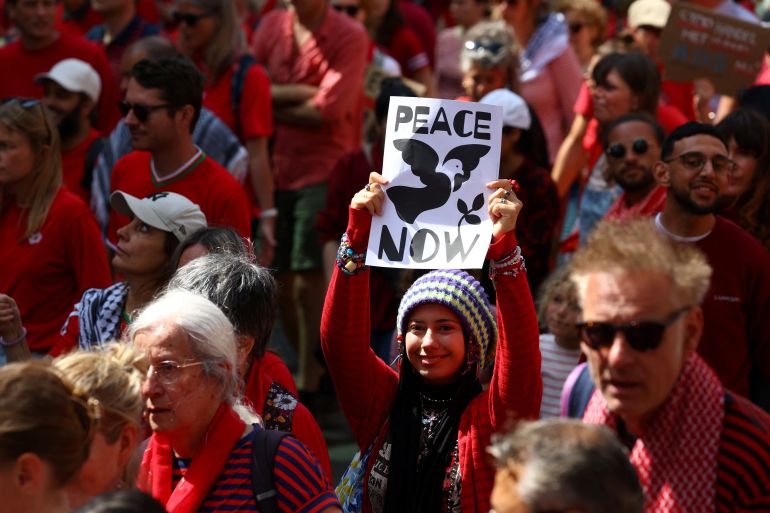
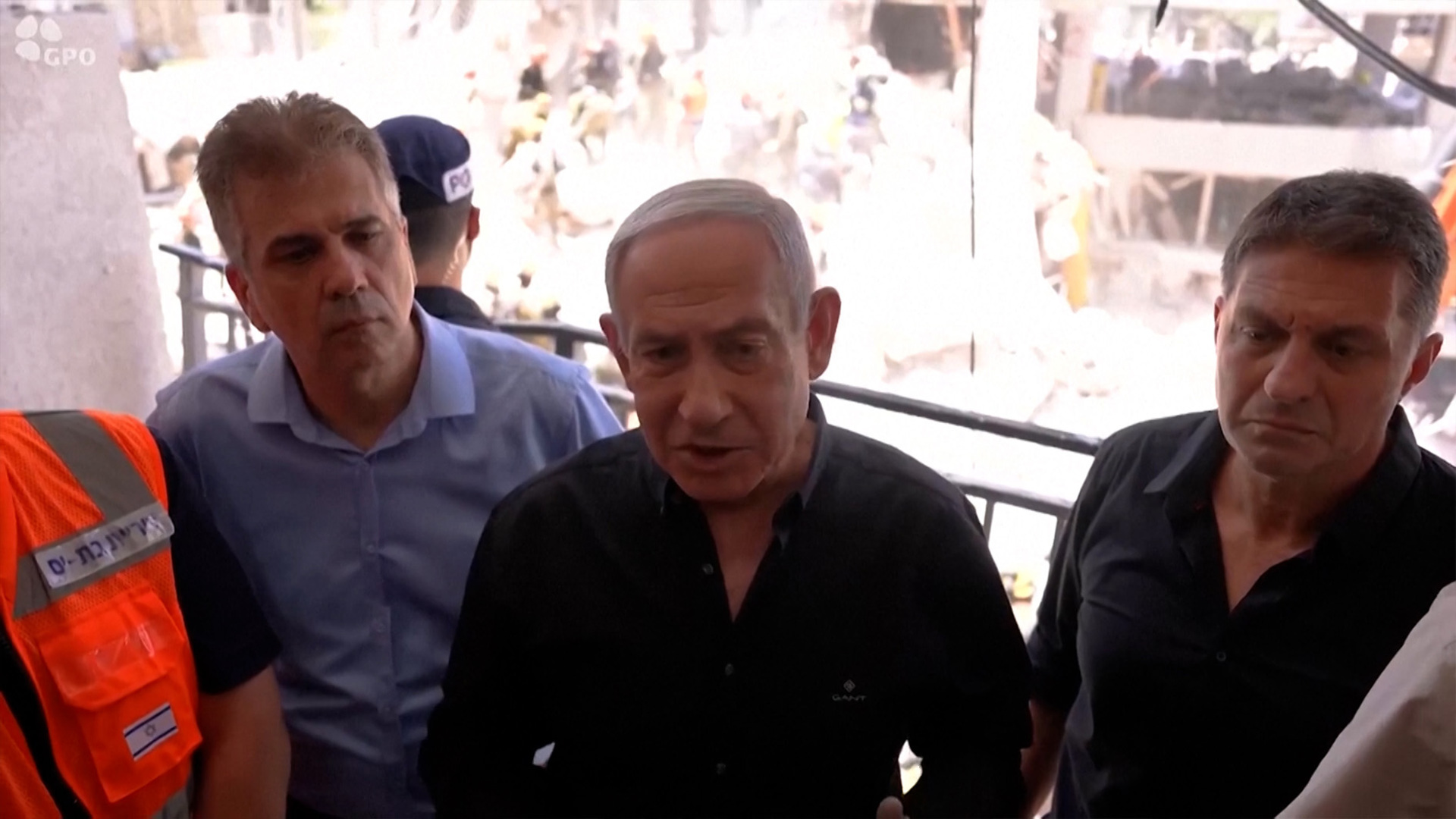

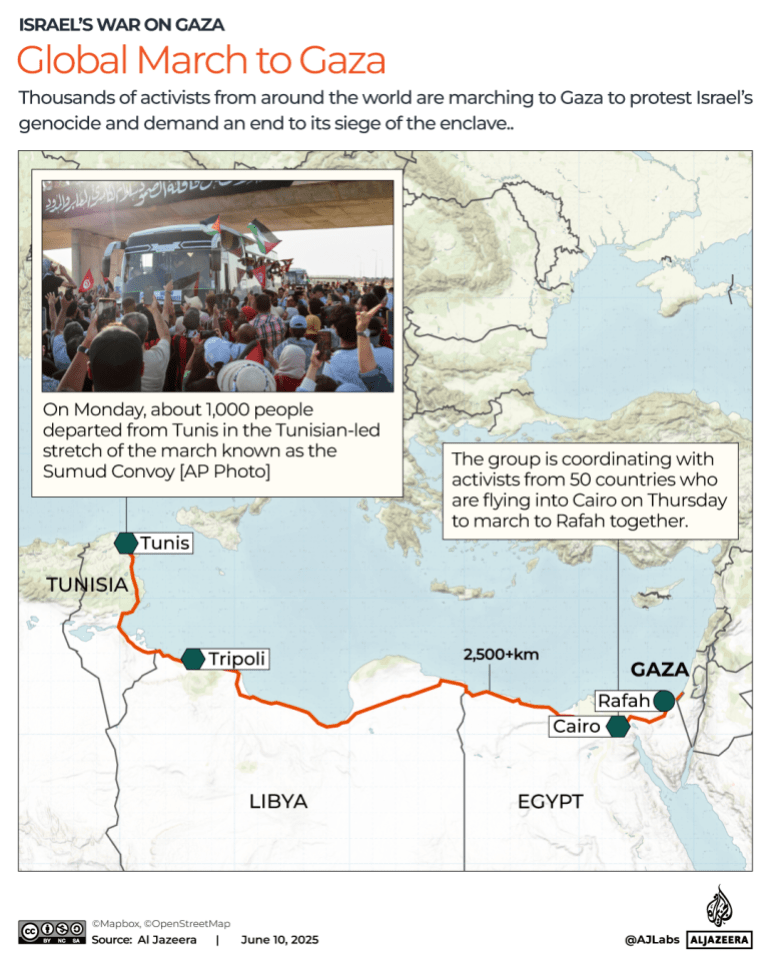
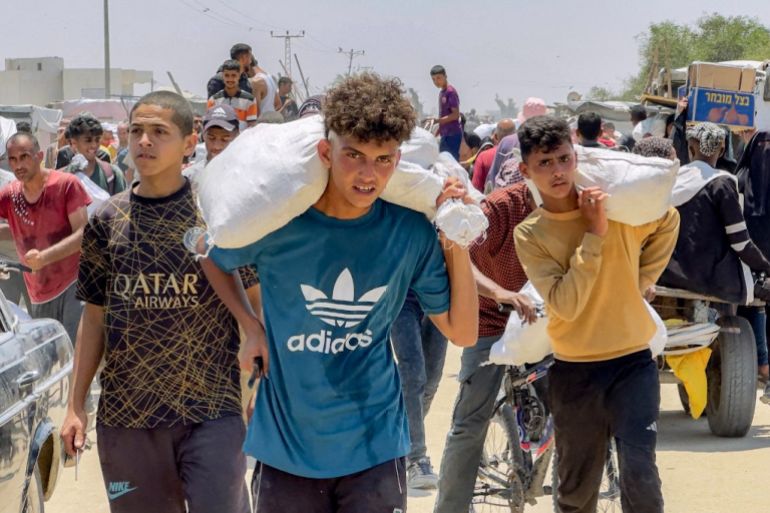
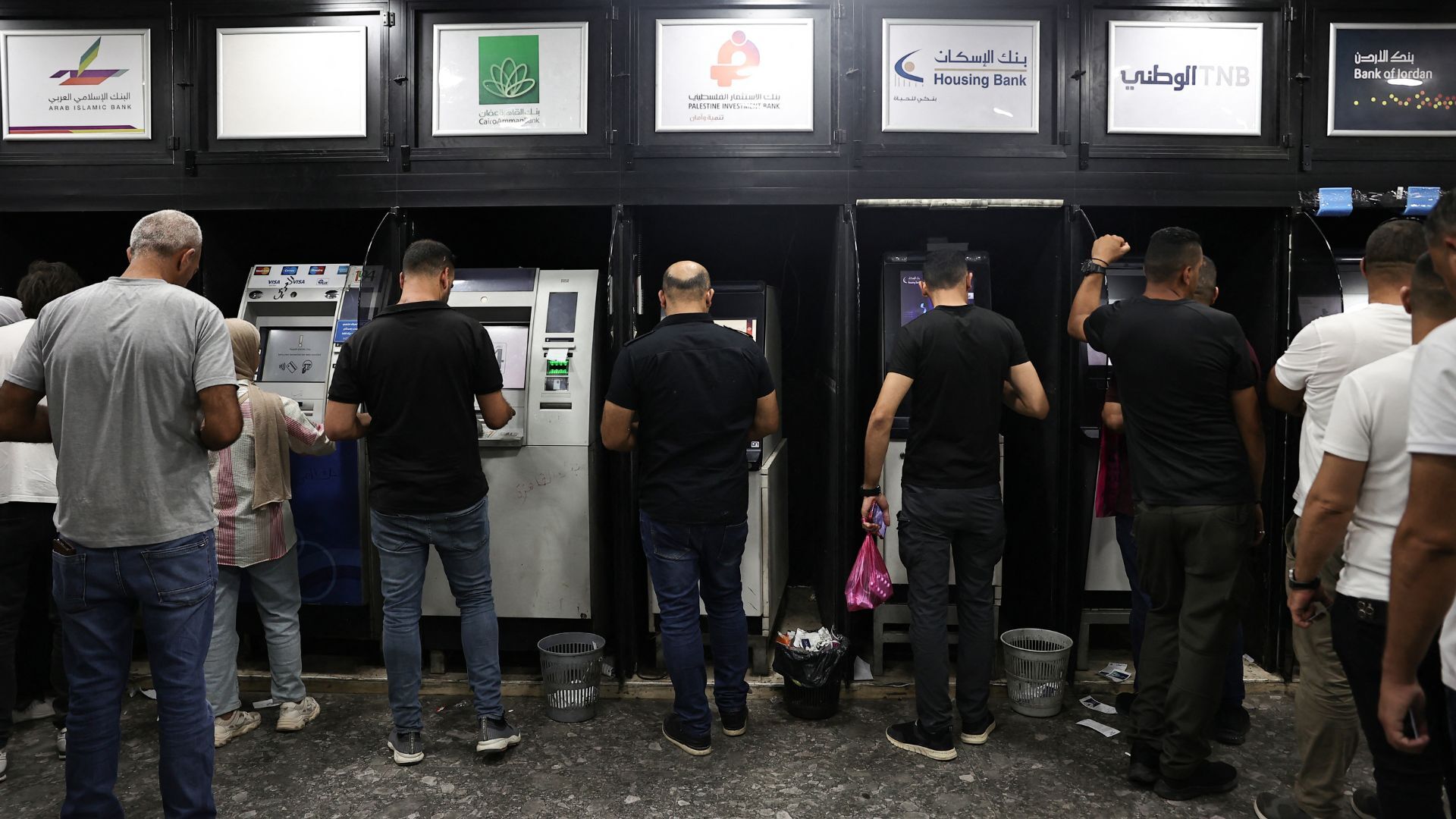
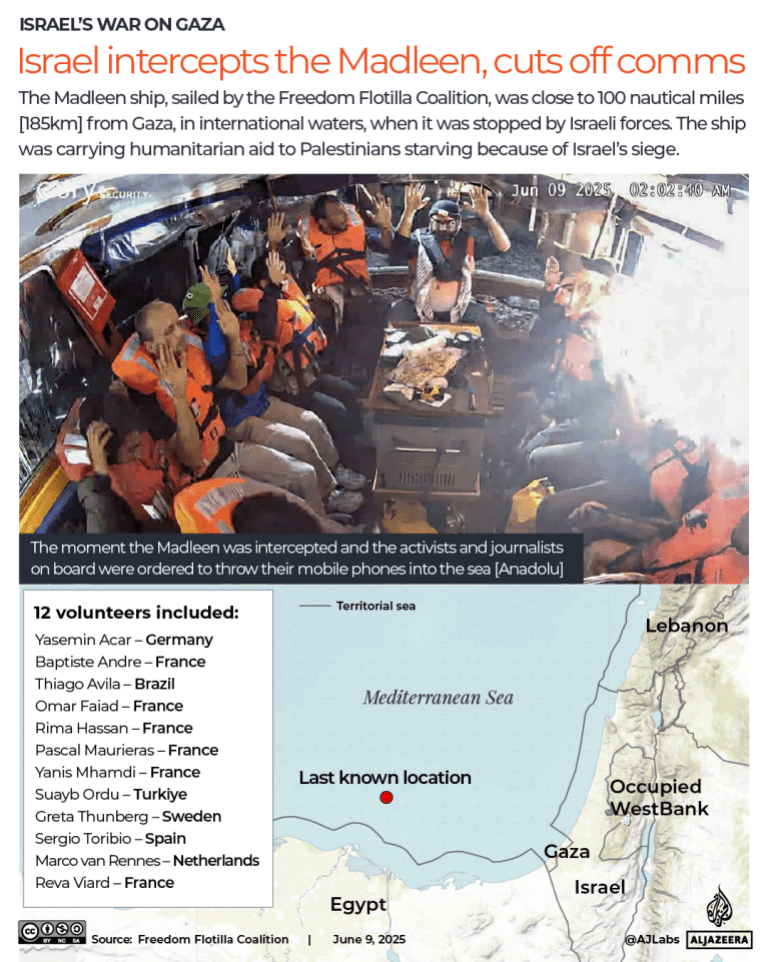
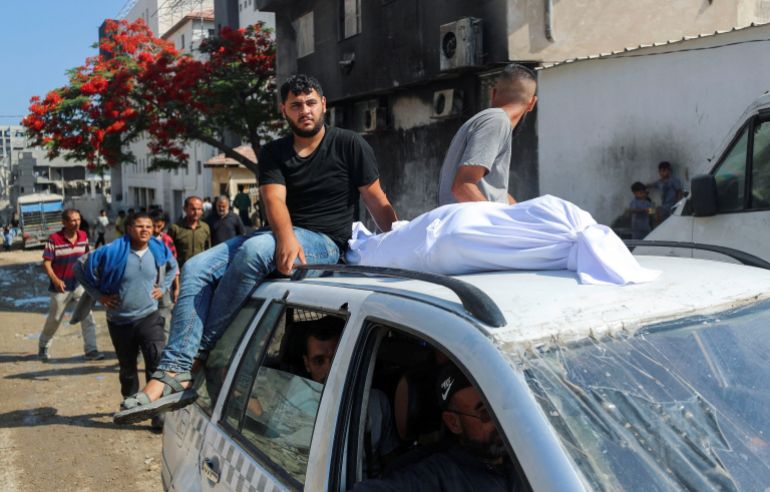
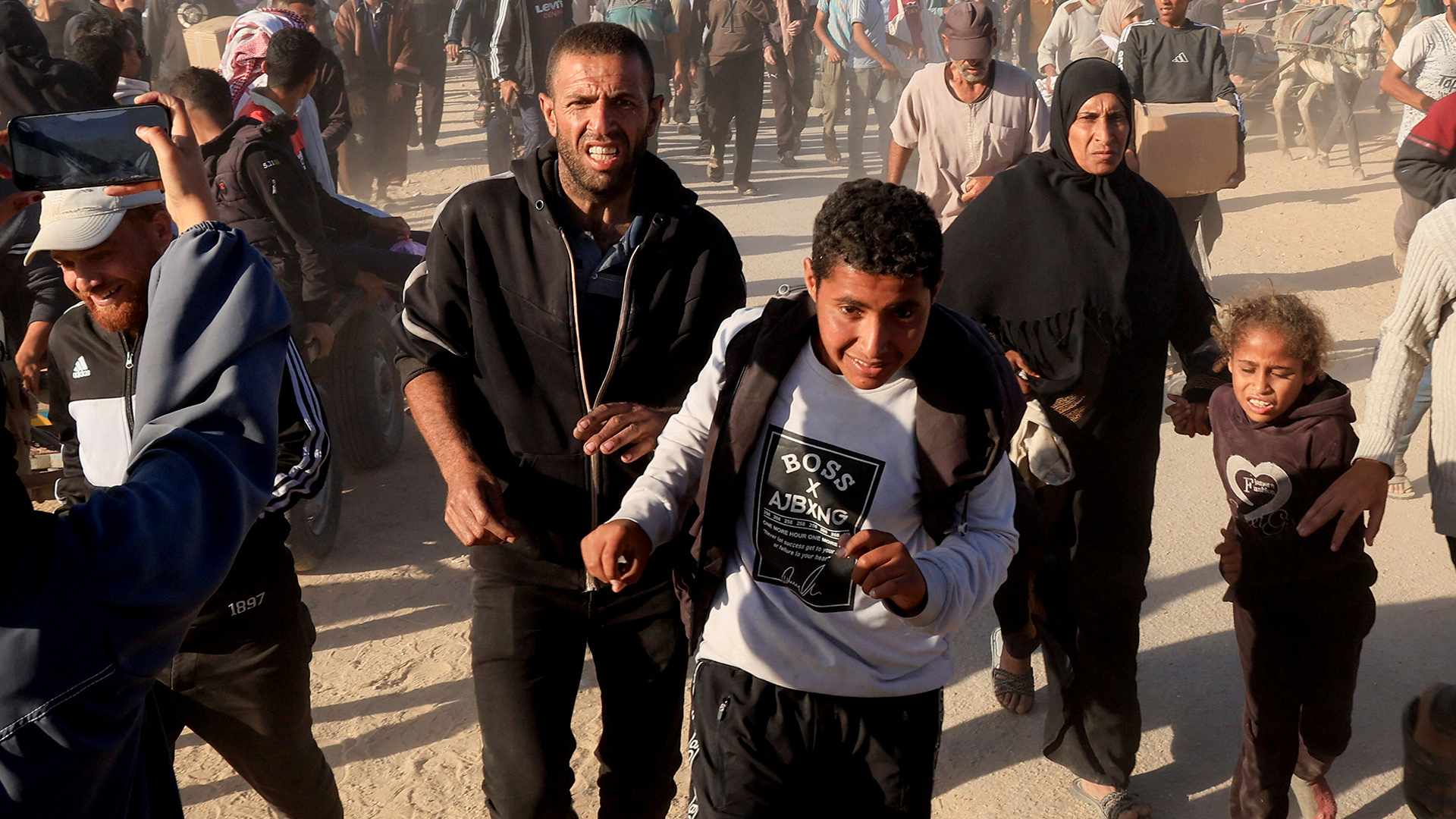
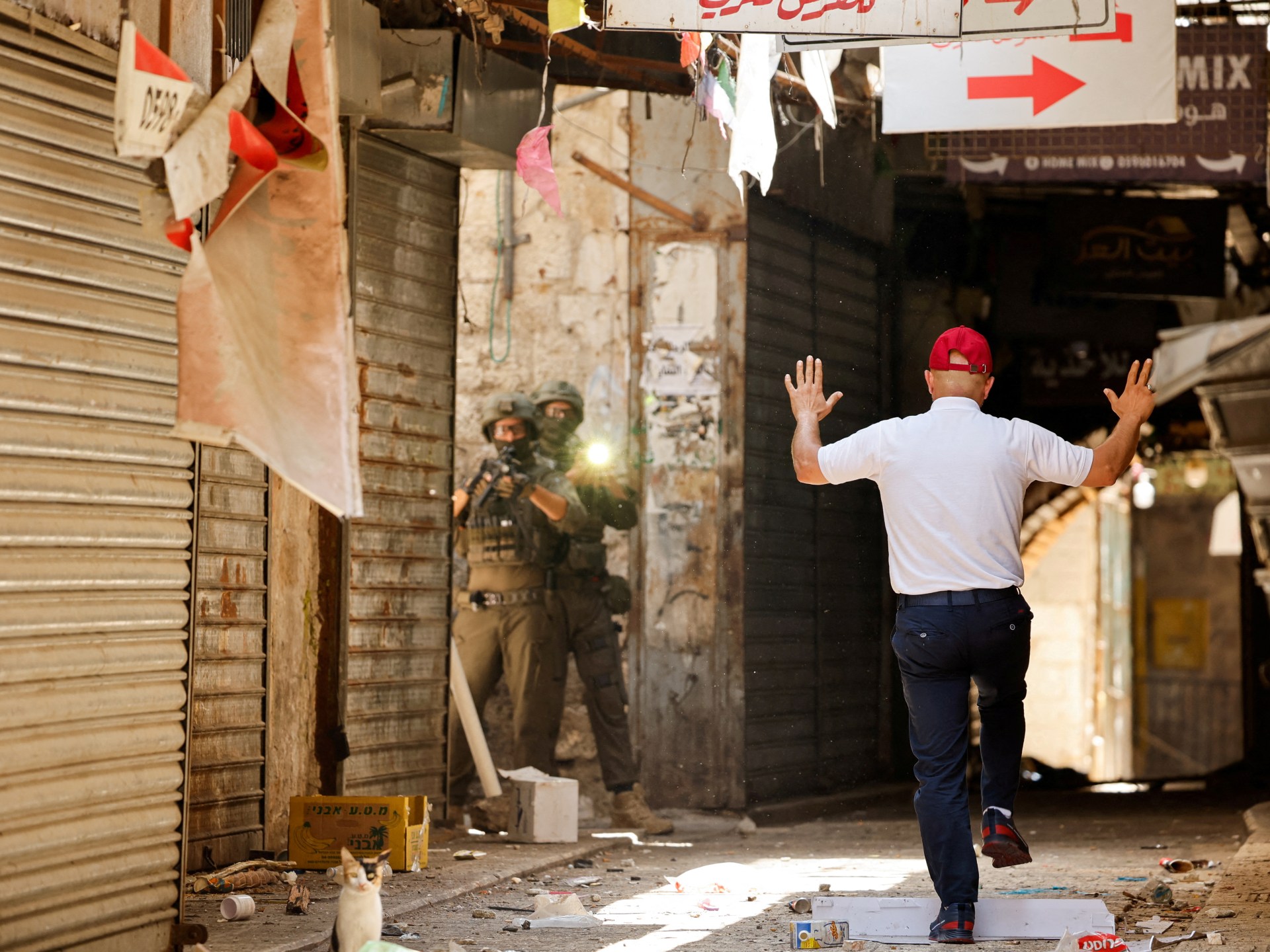
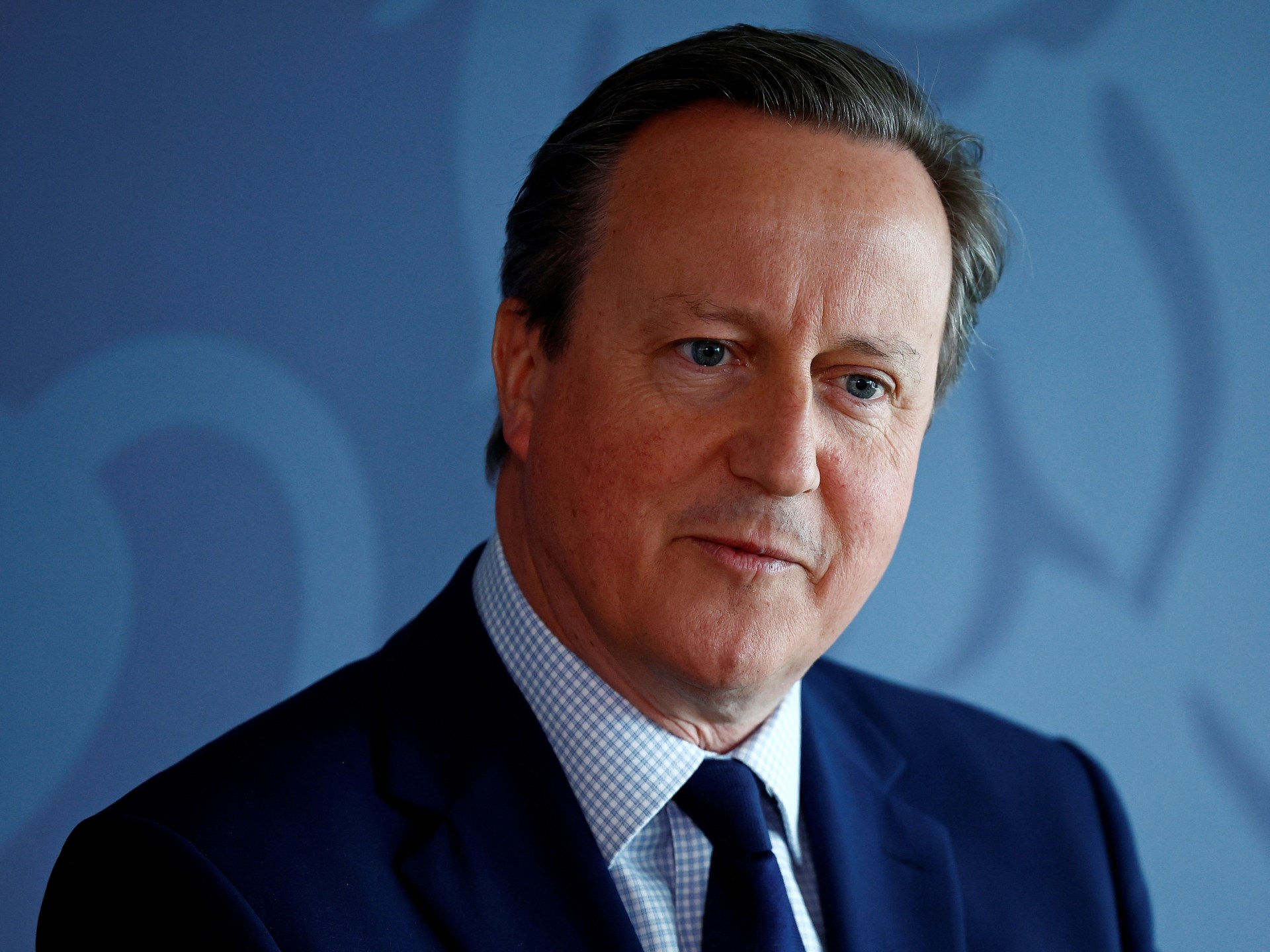
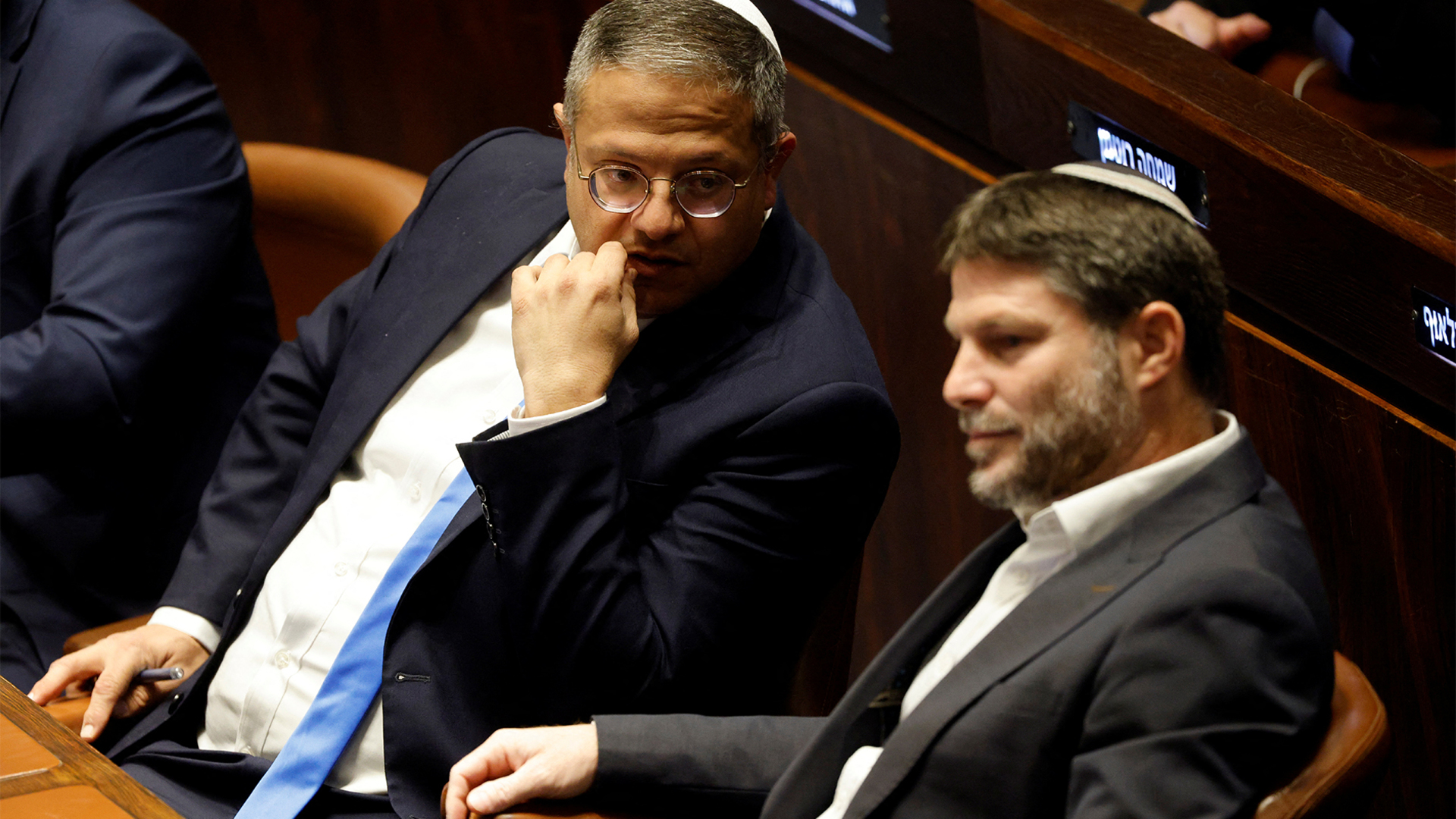
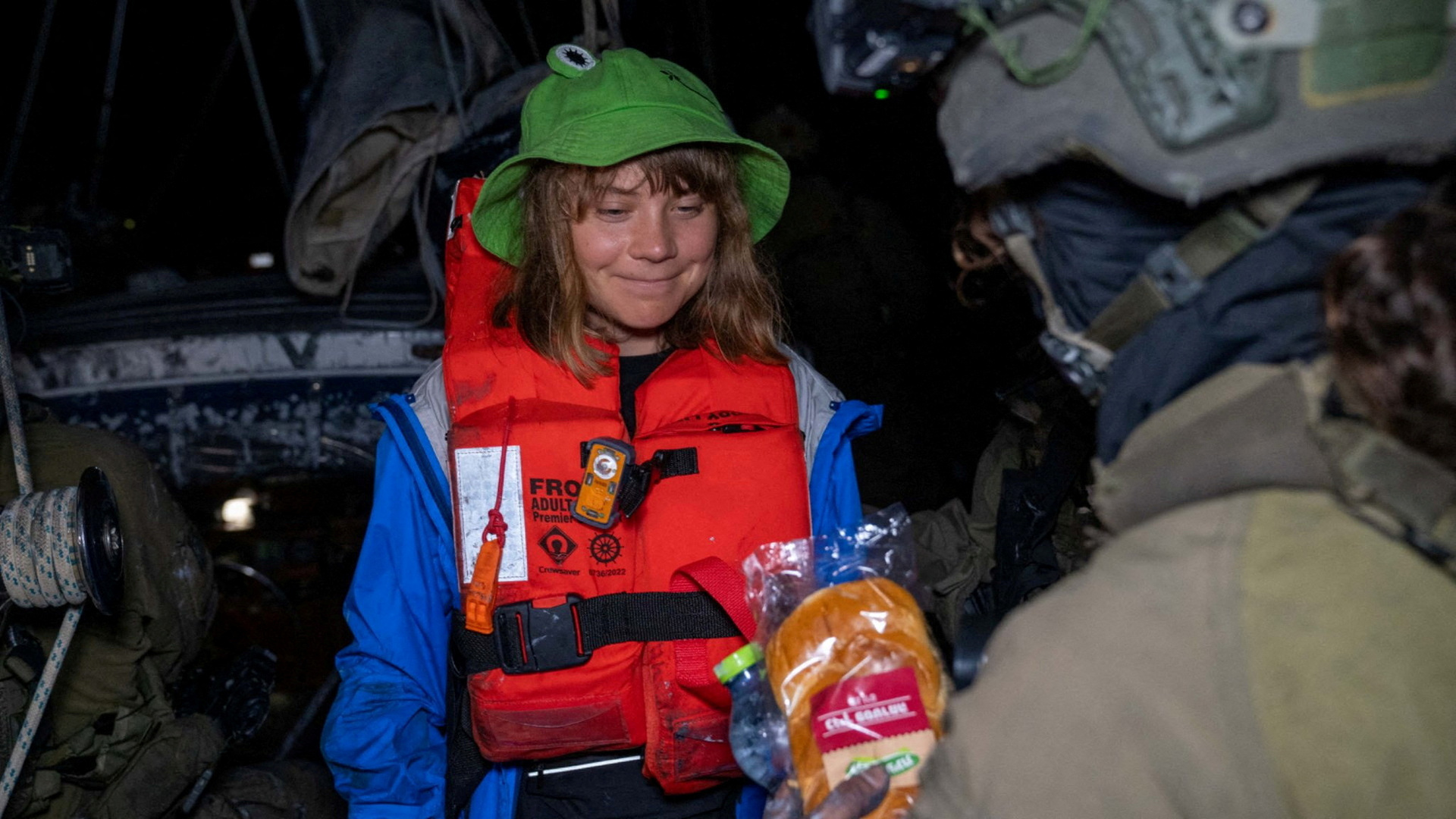

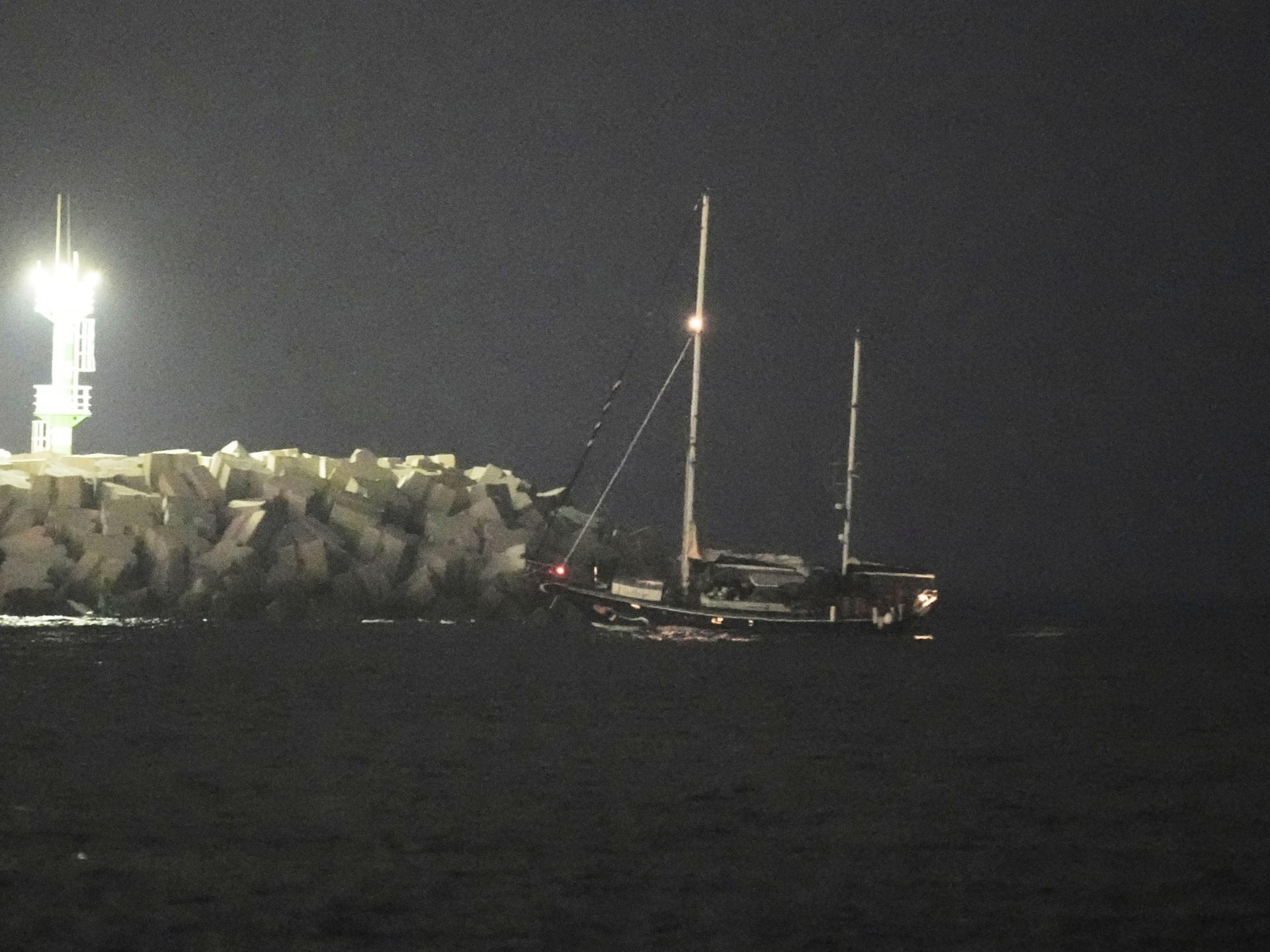
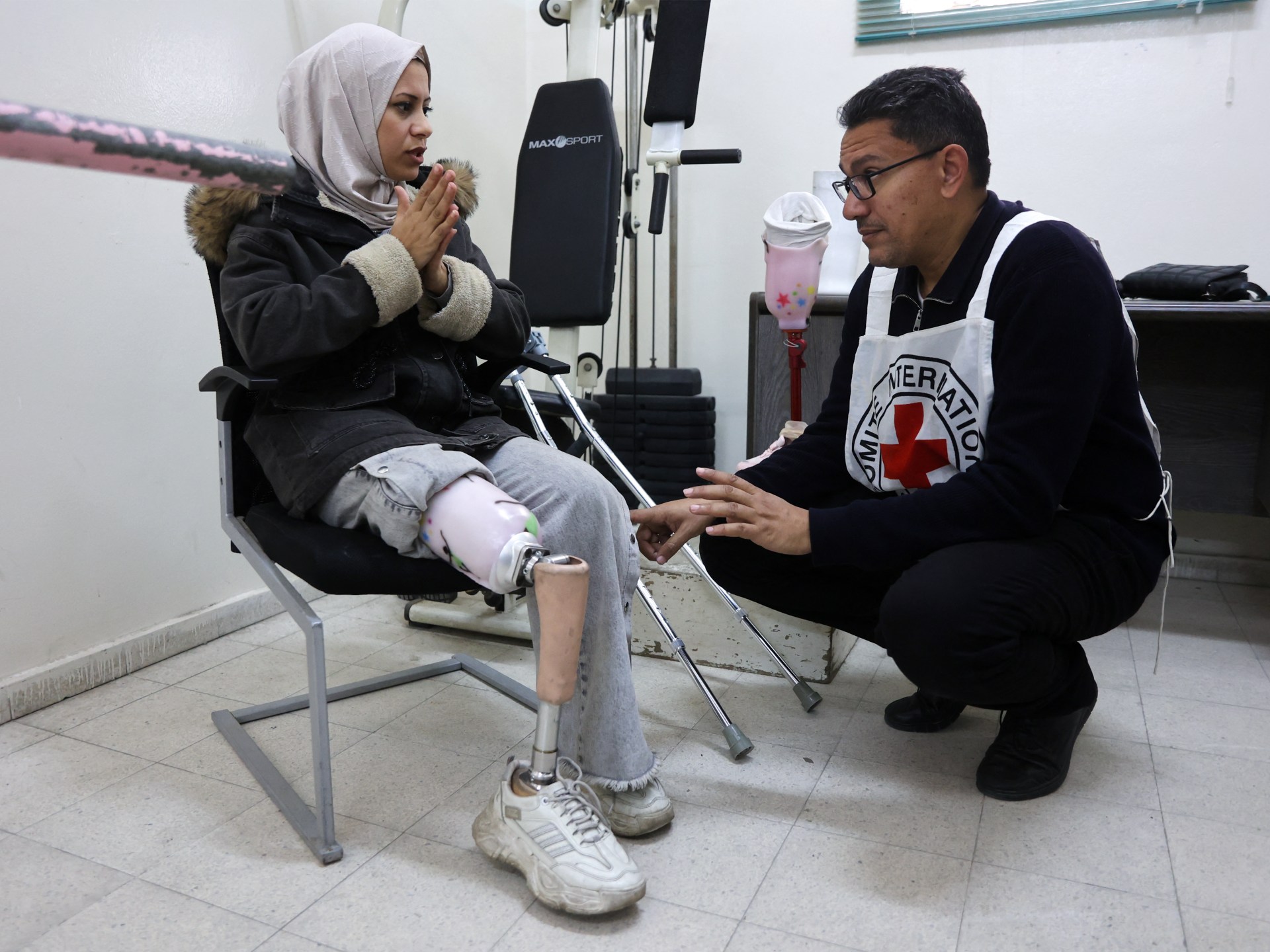
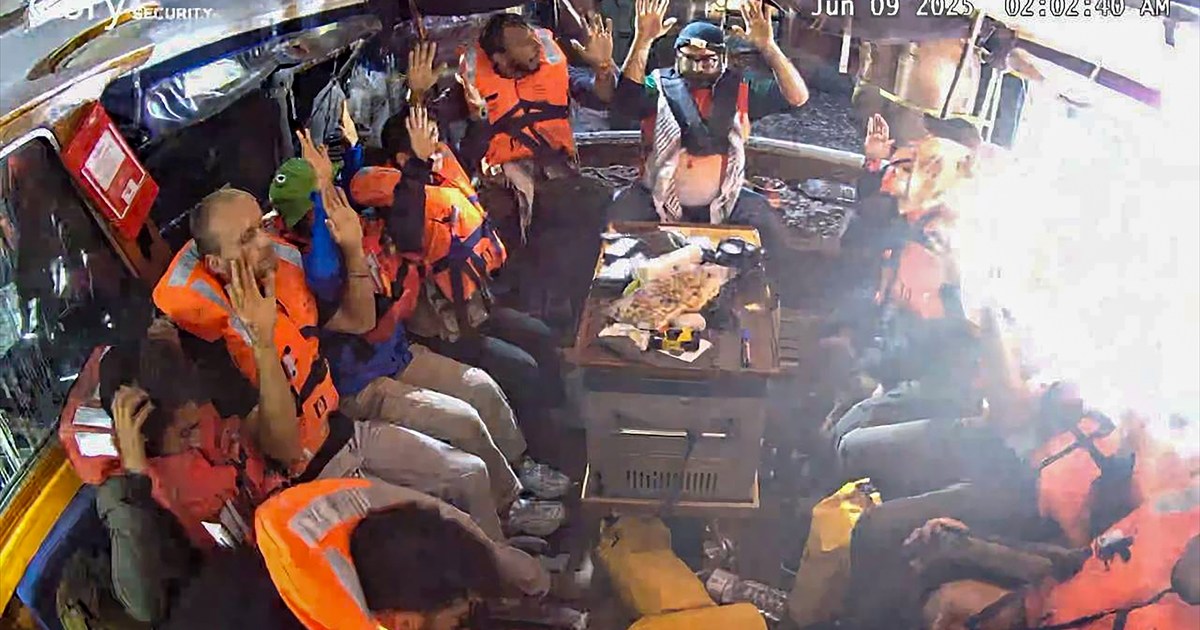
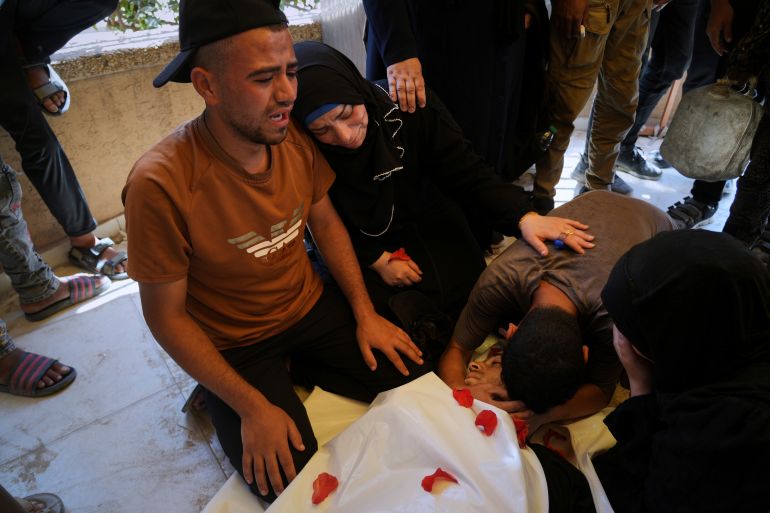
![Palestinians mourn over the body of Ahmed Abu Hilal, who was killed while on his way to an aid hub in Gaza, during his funeral at Nasser Hospital in Khan Younis, in the southern Gaza Strip, on Sunday, June 8, 2025. [Abdel Kareem Hana/AP]](https://www.aljazeera.com/wp-content/uploads/2025/06/AP25159513055391-1749393552.jpg?w=770&resize=770%2C513&quality=80)
![People carry relief supplies from the Gaza Humanitarian Foundation (GHF) on June 8, 2025. The UN and major aid organisations have refused to cooperate with the GHF, citing concerns that it was designed to cater to Israeli military objectives. [Eyad Baba/AFP]](https://www.aljazeera.com/wp-content/uploads/2025/06/AFP__20250608__49L8364__v1__HighRes__PalestinianIsraelConflictUsGazaAid-1749381980.jpg?w=770&resize=770%2C513&quality=80)
